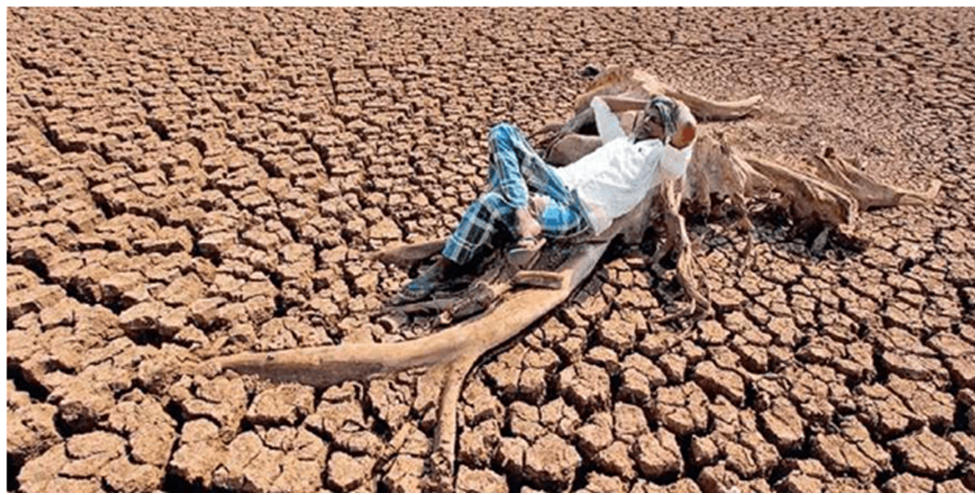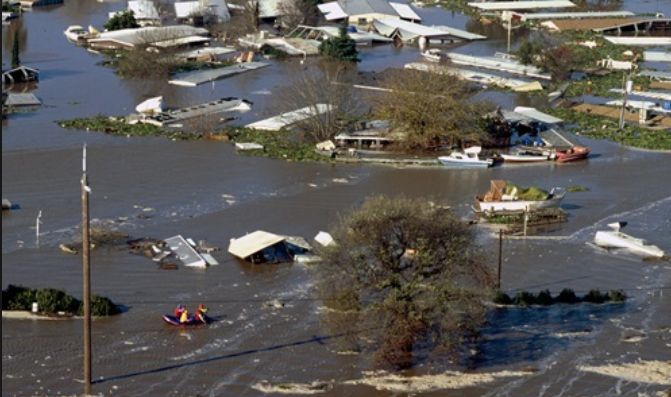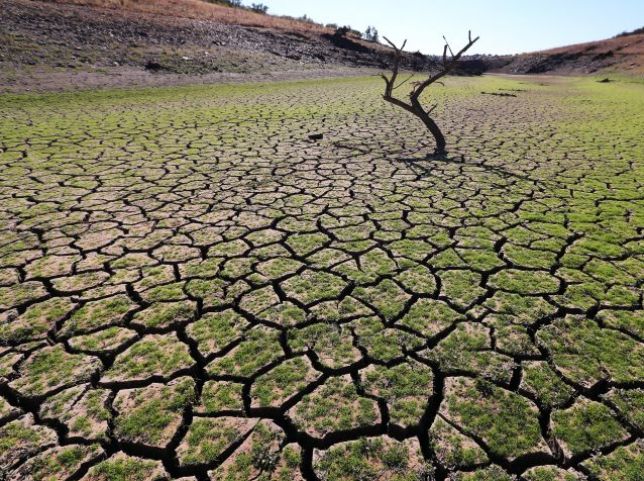- Books Name
- Class 6 Science Book
- Publication
- PathSet Publications
- Course
- CBSE Class 6
- Subject
- Science
What Happens If It Does Not Rain For A Long Period?

If it does not rain for a year or more at a place, the soil will lose its water by evaporation and become dry. Water will also be lost through the transpiration process from the plants. Rivers, ponds and wells will dry and the water table would lower down. All this will affect humans, animals and wild plants. If it continues for one or two years consecutively, it results in drought.
Excess v/s Deficient rainfall
Intensity and duration of rain vary in different regions across the country. While rainfall is very important for irrigation and the continuous availability of water, excess rainfall can pose a number of problems. Due to excess rainfall, the water level of rivers and oceans rises which can potentially spread and submerge nearby cities and villages which poses a grave danger to both life and property. These are known as floods.

Similarly, deficient rainfall can also prove to be life-threatening. A lot of farmers in India continue to depend on rainfall to irrigate their fields. In case of deficient rain, soil and wells still continue to lose water through transpiration and evaporation and if it doesn’t rain for a prolonged period, fields can dry up because even the groundwater does not get replenished. These are known as droughts.


 Param Publication
Param Publication
 PathSet Publications
PathSet Publications
